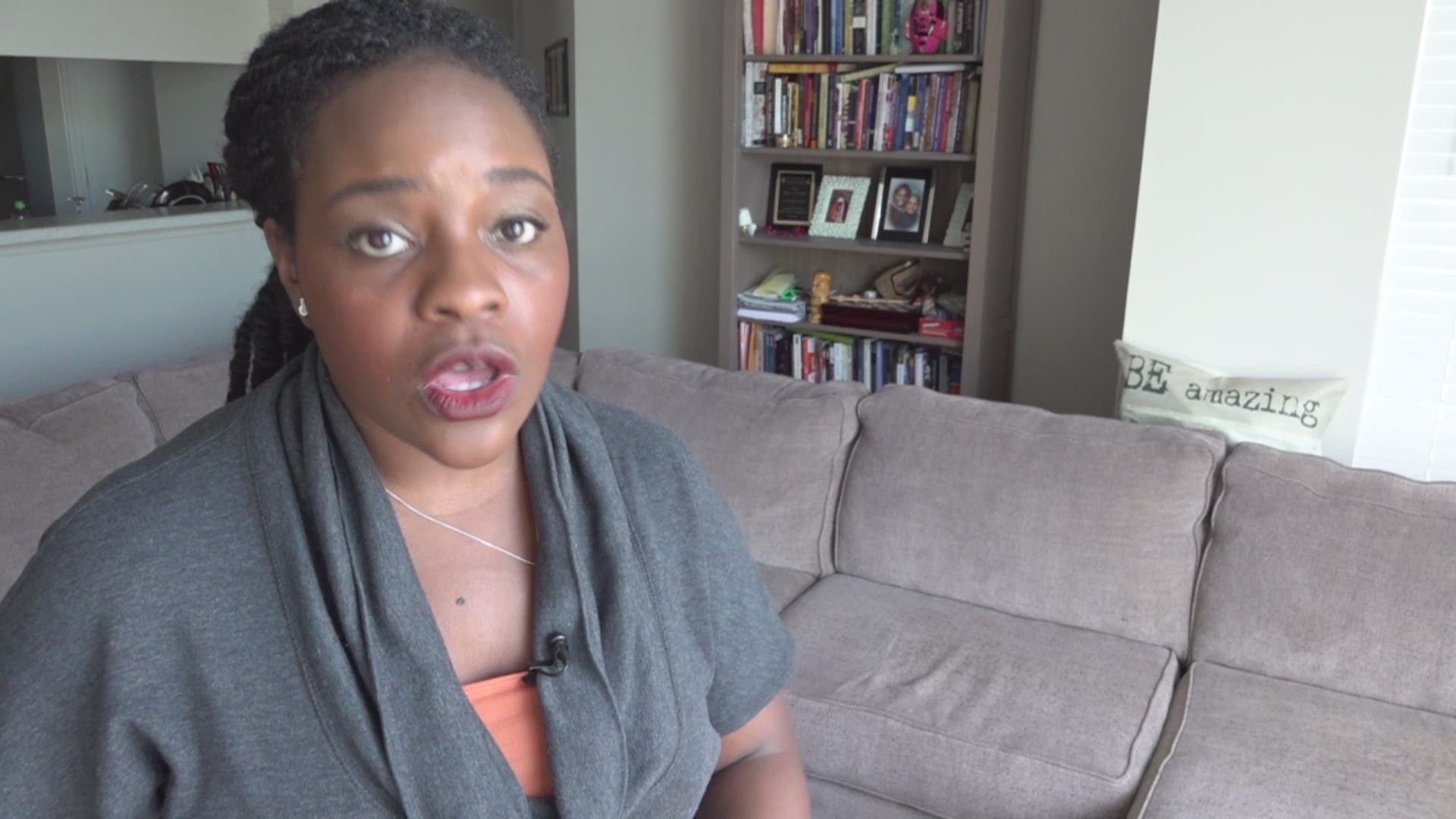MEMPHIS, Tennessee —
The Shelby County Health Department revealed Tuesday that the county has seen a spike in overdoses and deaths this week. It has not been determined as to whether or not COVID-19 has played a role in this spike, but it is something to consider.
Local 24 News spoke with the Memphis Area Prevention Coalition and a recovering addict who shared how the pandemic has impacted those battling addiction.
The COVID-19 pandemic has caused a lot of isolation. In turn, isolation can cause loneliness, anxiety and fear. For those recovering from addiction, that is the complete opposite of what is needed.
"My primary purpose right now is to stay sober," said Austin Carroll who is recovering from addiction. "I've been sober for two years now from heroin addiction, methamphetamine, alcohol, and pills. I am what they call a poly-user."
After 12 different rehabs, there was one thing Carroll had to realize.
"Addiction wasn't really about the drugs and alcohol. It was more about me and my issues," said Carroll. "They really stressed that the community was the utmost important thing to stay sober. I have definitely found that over time, I agree with that."
The pandemic, as Memphis Area Prevention Coalition's Lincoln Coffman explains, poses a problem.
"With addiction and alcoholism and stuff, a lot cannot be done alone. It's just so important to have that connection with others even if it's just your family or your friends," said Coffman.
With self isolation, many have turned to technology.
"There's a lot of Zoom meetings in the 12-steps and faith-based recoveries and circles," said Coffman. "You can literally get on a Zoom meeting with people in Australia and all across the world at any time of day."
"Zoom meetings, I think have actually been the saving grace of a lot of addicts who have that as a part of their regular routine. They've kept us connected," said Carroll.
It has helped some more than others.
"The Zoom meetings work great for people who are already in recovery. For the people coming in fresh, I think that's what it's going to be the most difficult for," said Carroll.
That is why both Carroll and Coffman say the key word is connection.
"We have to have connection. We have to get sober. We have to have that connection to stay sober," said Carroll.
"Reaching out and telling someone what's going on with you, that's kind of a practice of awareness. By vocalizing what's going on with you, you're able to be more in touch with it and more aware of it," said Coffman.
He believes more treatment programs may use apps such as Zoom even after the pandemic.

